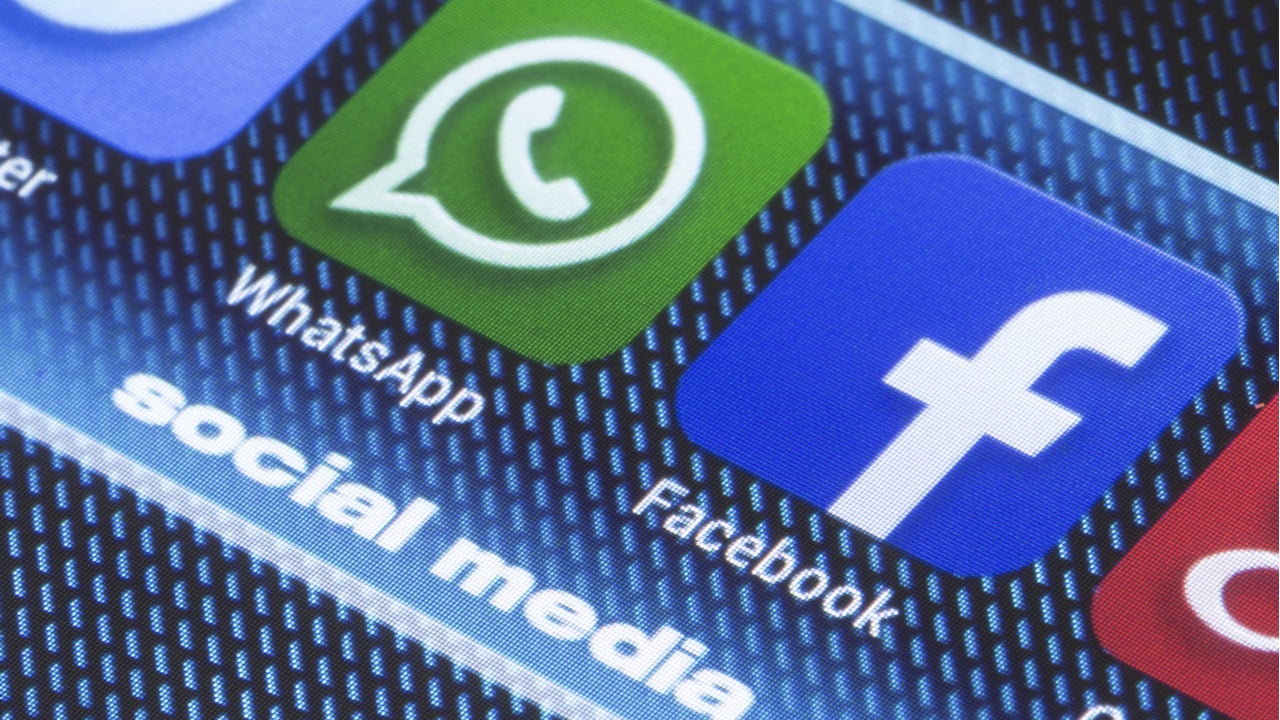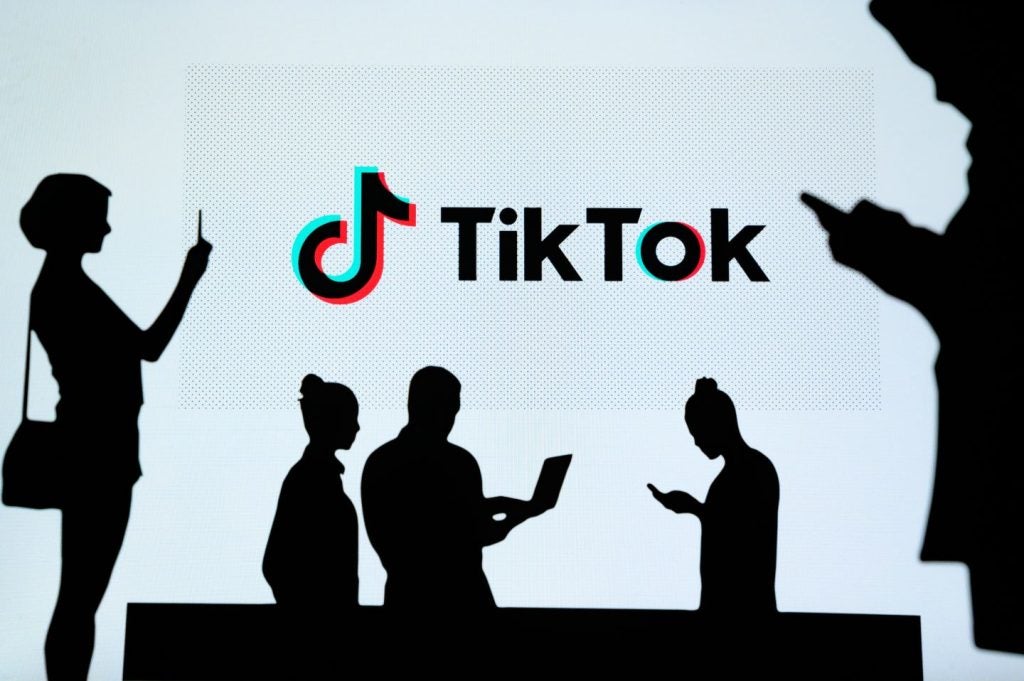
There is a buzz happening due to Covid-19 across social media platforms. Unfortunately this includes fake news, which helps to spread misinformation. As a result, the Indian government has amended the new IT rules (Intermediary Guidelines and Digital Media Ethics Code), which caught many social media giants off guard.
Launched in Feb 2021, but coming into action in May, India’s new IT policies suggest the company takes full responsibility for the content posted on respective social media platforms. The new policy was introduced because of the misuse of one of its constitutional right, the ‘freedom of speech’.
Twitter has been in the news recently due to non-compliance with these IT policies, making itself as first US-based social media platform to lose legal protection and intermediary status in India.
Traceability is the key feature in the new guidelines
Rule 4(2) of the Indian IT new guidelines states that social media intermediaries (those with more than 50,000 users in India) would be obliged to trace an originator of any post or content to keep a bar on invasive content involving religious sentiments, community hatred, or fake news. The new IT rules impact all social media intermediaries and companies such as Twitter, Facebook, WhatsApp, and Google.
WhatsApp initially filed a lawsuit suggesting traceability will not work, because it would mean to break its “end-to-end encryption” and weaken user privacy on the application. The government has reacted to this by saying that tracing the first originator is only under selected circumstances and this wouldn’t involve tracking all messages. It would only apply to the purposes of prevention, investigation, punishment of inter alia an offence relating to sovereignty, integrity and security of India, public order incitement to an offence relating to rape, sexually explicit material or child sexual abuse material punishable with imprisonment for not less than five years.
Under the new guidelines, along with traceability of the origin of the content, significant social media intermediaries must also appoint a resident grievance officer, a chief compliance officer and a nodal contact person. The guidelines state these employees need to be residents of India.
How well do you really know your competitors?
Access the most comprehensive Company Profiles on the market, powered by GlobalData. Save hours of research. Gain competitive edge.

Thank you!
Your download email will arrive shortly
Not ready to buy yet? Download a free sample
We are confident about the unique quality of our Company Profiles. However, we want you to make the most beneficial decision for your business, so we offer a free sample that you can download by submitting the below form
By GlobalDataTwitter failed to comply with the intermediary guidelines
Twitter lost its legal indemnity in India for failing to fully comply with new IT rules, which means it will no longer have its protective shield. This protection ensured that the intermediary will not be held liable for third party information, data, or communication link shared on their platforms, which they have no personal knowledge of or control over. Charges on Twitter for being biased and selectively labelling some content has landed itself to even more untenable mode.
India is a key market for big tech firms such as Facebook, Google and Twitter, which have identified the nation as one of the biggest markets by users. It is unlikely that the intermediaries will be banned from operating in India for non-compliance. However, it may hamper their ability to grow as they may be required to proactively screen their platforms so as to avoid incurring additional obligations.
Social media impact
Twitter has to date been a place for unfiltered and sometimes controversial content. This will certainly make some people, brands or organizations think about whether they want to continue maintaining their presence on the platform or not.
As it is now governmental policy, it means that ‘twitterites’ can be held responsible for posting anything that is against the law. Organizations will continue the platform if their user base continues to be in same pace. The change which has happened has to do with responsibility of Twitter for any problematic content posted on the platform.
With so much fake news being spread through social media platforms, and Covid-19 adding fuel to this, it is important to keep a tap on offensive content. Following a country’s laws and regulations are a fundamental requirement for any company. We may see a more collaborative approach from Indian government and Twitter with other social media intermediaries to make things work. Twitter will probably choose to comply with the outlined regulations as India is one of their biggest markets.








Related Company Profiles
Meta Platforms Inc
Google LLC